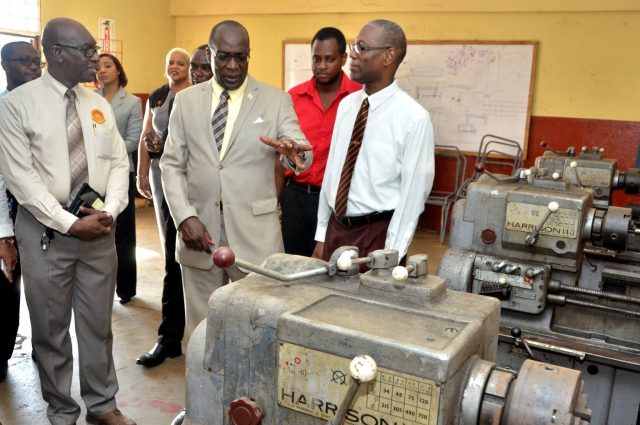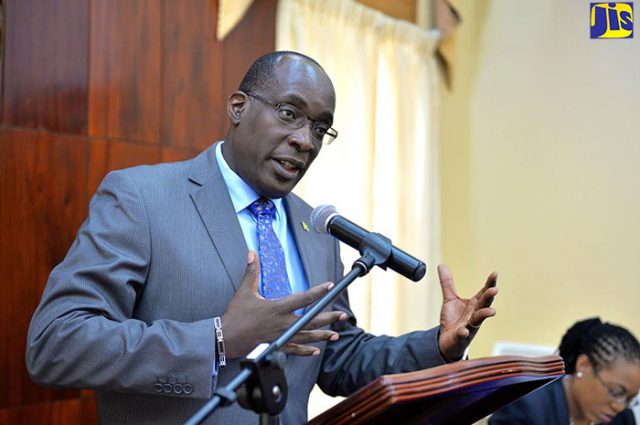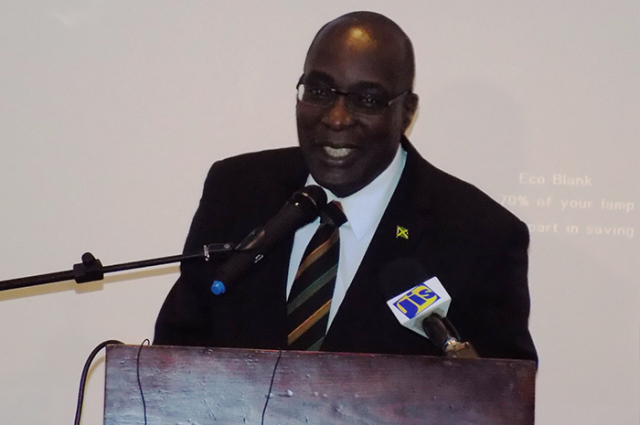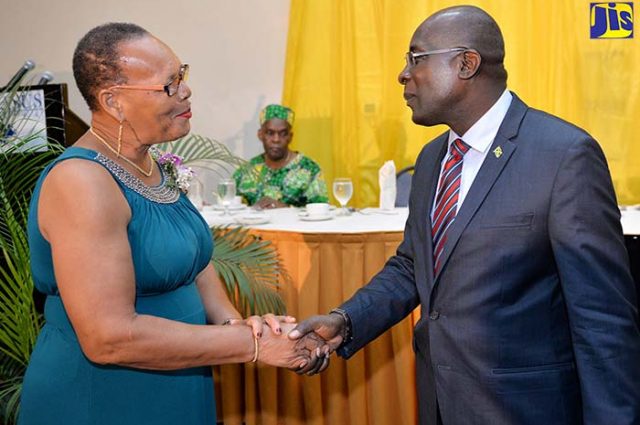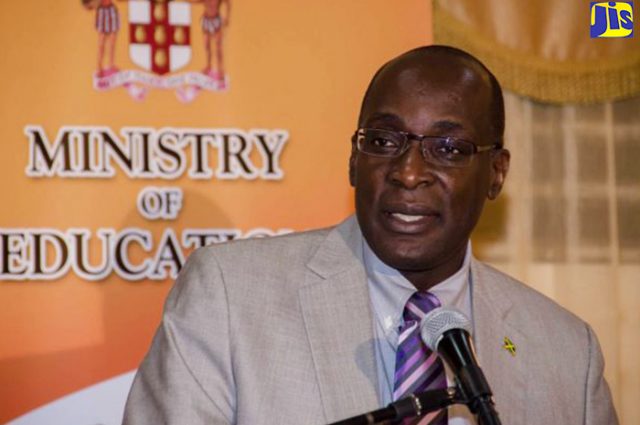JIS: The National Parenting Support Commission (NPSC) is to use qualitative research to greatly improve the execution of its mandate to provide support and advocacy for the nation’s parents.
Speaking with JIS News, new Chief Executive Officer (CEO), Kaysia Kerr, said that greater levels of research, along with anecdotal data, will help to come up with creative solutions in their tasks.
Miss Kerr also said there will be greater streamlining of activities of the NPSC to link with the overarching objectives of the Ministry of Education, Youth and Information.
The Commission has already begun the process of deepening relations with schools in order to facilitate a more broad-based approach to public education and advocacy to achieve the desired outcome of stronger family units.
In the meantime, the NPSC Head said that children with special needs is an area of interest that will be pursued under her leadership, and that there is some room for increased support for parents of special needs children, who require particular skill sets and access to vital information to empower them to properly care for their children.
Another objective for the CEO is to increase human resource personnel at the NPSC, in order to significantly improve response time in situations of distress.
She explained that there are times when situations are unfolding and expert intervention is needed immediately but there may be delays, based on the available personnel.
“This is something that we would like to address in the short term, and discussions of that nature are now under way with the Ministry to facilitate this particular outcome,” she said.
Miss Kerr informed that one of the key strategies that will drive the kinds of improvements she hopes to achieve is a thrust towards increasing revenue streams, which can be done through the provision of research findings and consultancy services to different entities, locally and internationally, at a reasonable cost.
She commended her predecessor for the work that has already been done by the organisation, adding that she expects to build on that foundation.
Meanwhile, preparations are in high gear for activities in relation to Parent Month, which is to be observed in November. Among the activities to be undertaken are a church service, introduction of a parent mentorship programme, and a public forum entitled ‘Street Talk Live’.
CAPTION: Chief Executive Officer of the National Parenting Support Commission (NPSC), Kaysia Kerr, speaks with Parent Mentor, Trevor Edmondson.



